Programme Educational Objectives
Professional Knowledge: Provide basic knowledge of Engineering principles together with supporting knowledge of mathematics, science and computing fundamentals, laboratory experiments and project work, breadth and in-depth studies which enable the graduates to formulate and solve problems in Electrical and Electronics Engineering and shall have proficiency in computer based engineering and use of modern computational tools
Professional Employment: Graduates will succeed in entry-level engineering positions in Electrical and Electronics Engineering, computational or manufacturing firms in regional, national or international industries and with governments.
Professional studies: Graduates will succeed in the pursuit of advanced degrees in engineering or other fields and will have skills for continued independent, life-long learning to become experts in their profession and to broaden their professional knowledge
Professional citizenship: Graduates will have the ability to organize and present information, to write and speak effective English, to work effectively on team based engineering projects and will practice ethics and have a sense of social responsibility
Programme Outcomes
On successful completion of the programme, the graduates will be able to
PO1 : Engineering Knowledge: Apply knowledge of mathematics, science, engineering fundamentals and an engineering specialization to the solution of complex engineering problems.
PO2: Problem Analysis: Identify, formulate, research literature and analyze complex engineering problems reaching substantiated conclusions using first principles of mathematics, natural sciences and engineering sciences.
PO3: Design/ Development of Solutions: Design solutions for complex engineering problems and design system components or processes that meet specified needs with appropriate consideration for public health and safety, cultural, societal and environmental considerations.
PO4: Conduct investigations of complex problems using research-based knowledge and research methods including design of experiments, analysis and interpretation of data and synthesis of information to provide valid conclusions.
PO5: Modern Tool Usage: Create, select and apply appropriate techniques, resources and modern engineering and IT tools including prediction and modeling to complex engineering activities with an understanding of the limitations.
PO6: The Engineer and Society: Apply reasoning informed by contextual knowledge to assess societal, health, safety, legal and cultural issues and the consequent responsibilities relevant to professional engineering practice.
PO7: Environment and Sustainability: Understand the impact of professional engineering solutions in societal and environmental contexts and demonstrate knowledge of and need for sustainable development.
PO8: Ethics: Apply ethical principles and commit to professional ethics and responsibilities and norms of engineering practice.
PO9: Individual and Team Work: Function effectively as an individual, and as a member or leader in diverse teams and in multi-disciplinary settings.
PO10: Communication: Communicate effectively on complex engineering activities with the engineering community and with society at large, such as being able to comprehend and write effective reports and design documentation, make effective presentations and give and receive clear instructions.
PO11: Project Management and Finance: Demonstrate knowledge and understanding of engineering and management principles and apply these to one's own work, as a member and leader in a team, to manage projects and in multidisciplinary environments.
PO12: Life-long Learning: Recognize the need for and have the preparation and ability to Engage in independent and life- long learning in the broadest context of technological change.
Program Specific Outcome
PSO1: Ability to analyze and solve real time engineering problems in Electrical and electronic systems.
PSO2: Ability to use modern software tools to analyze and design electrical and electronic systems















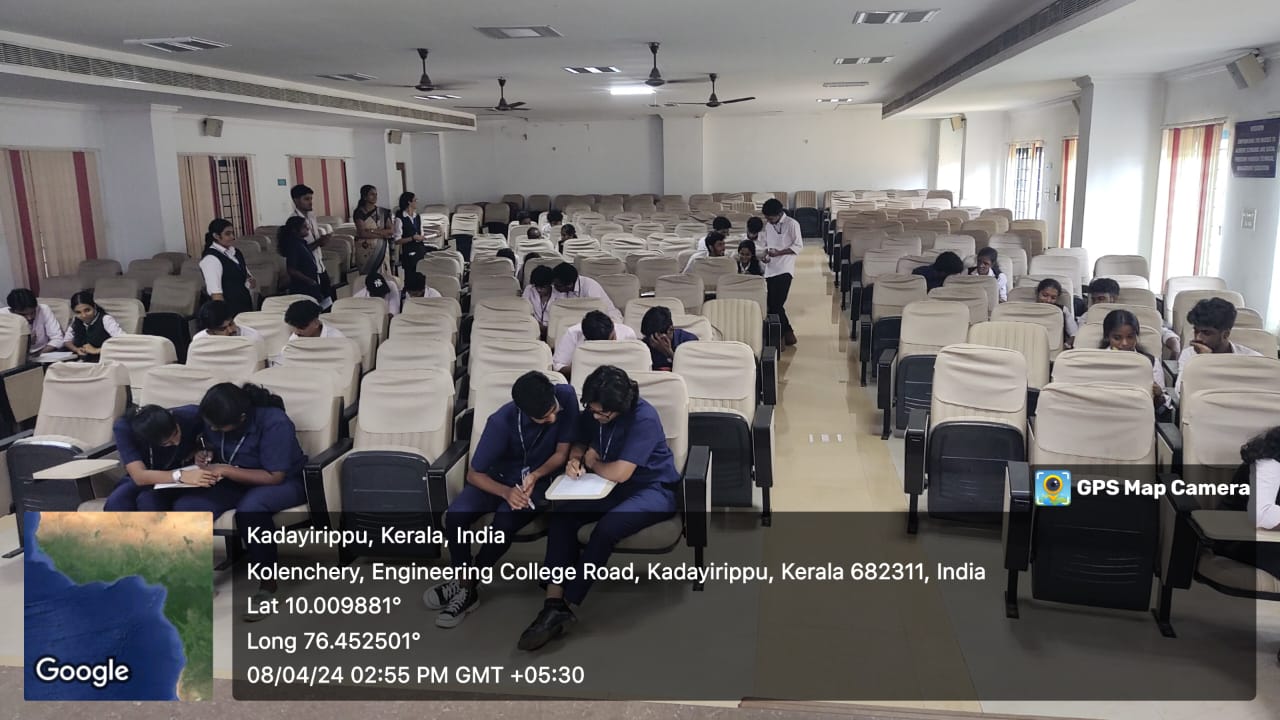
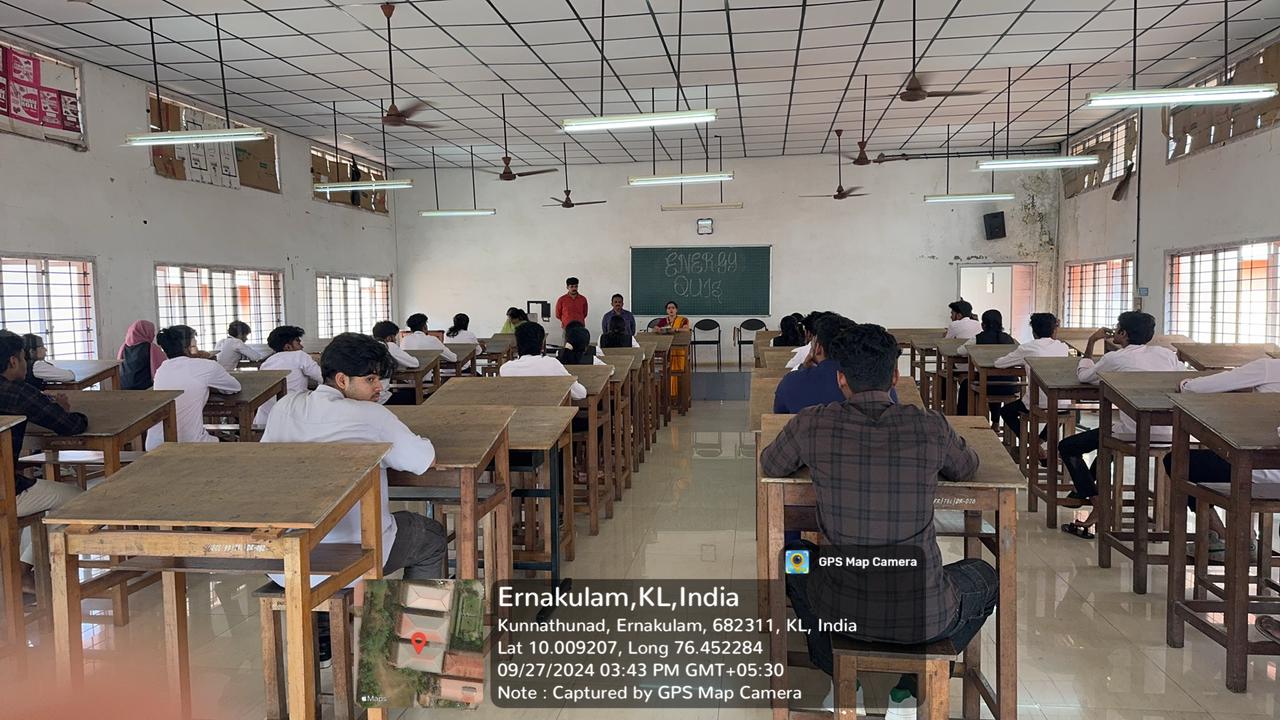
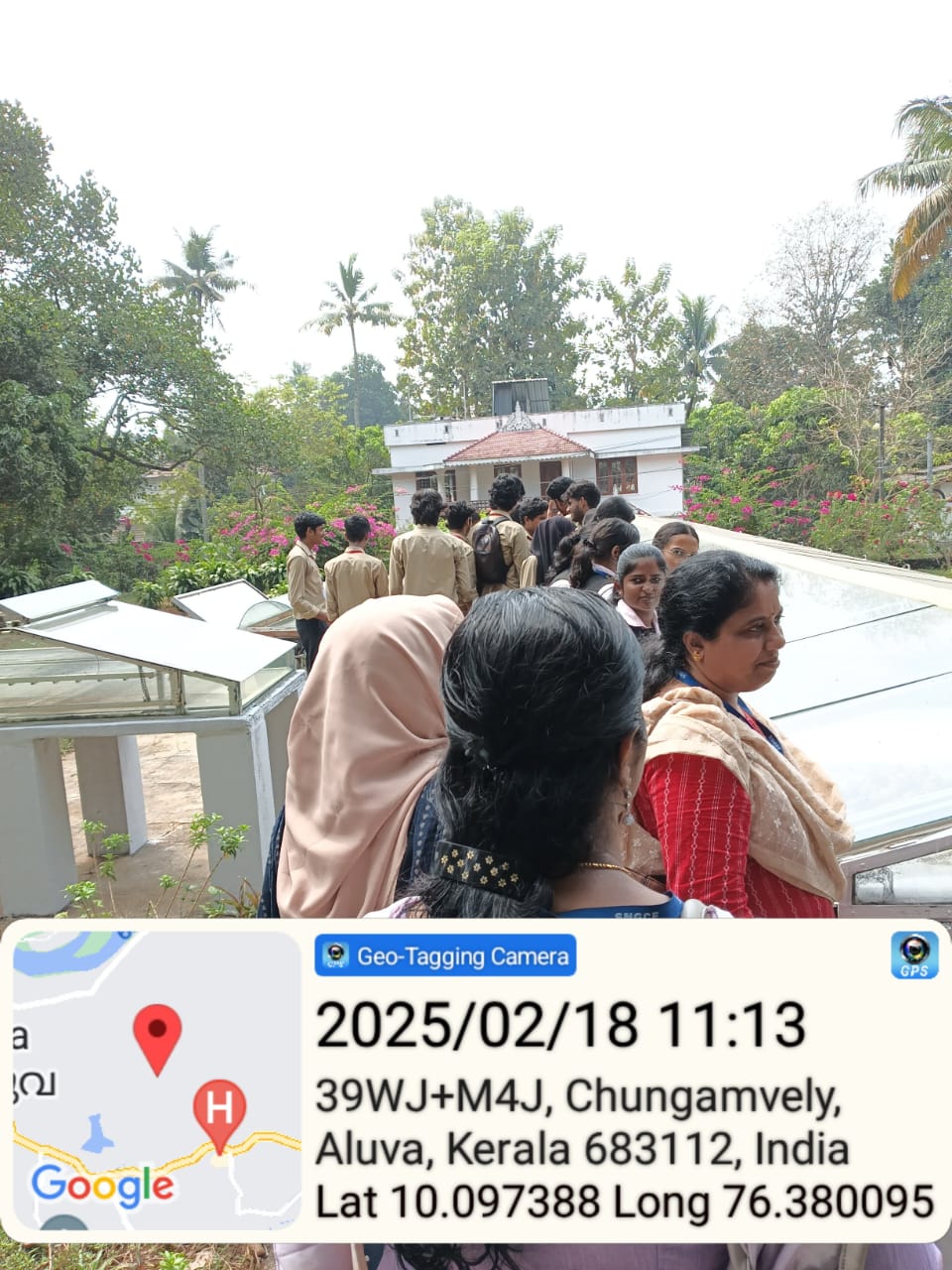
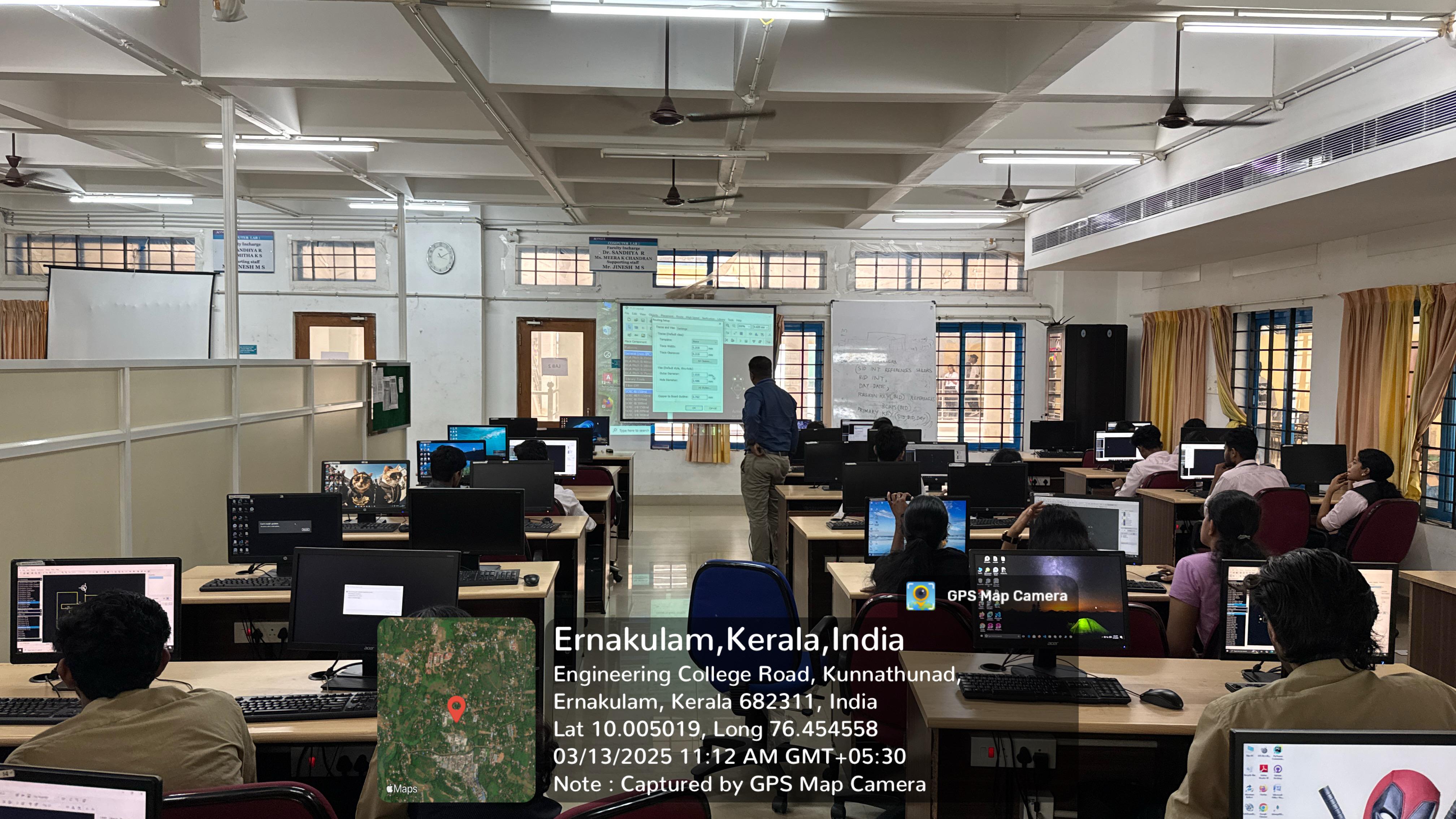

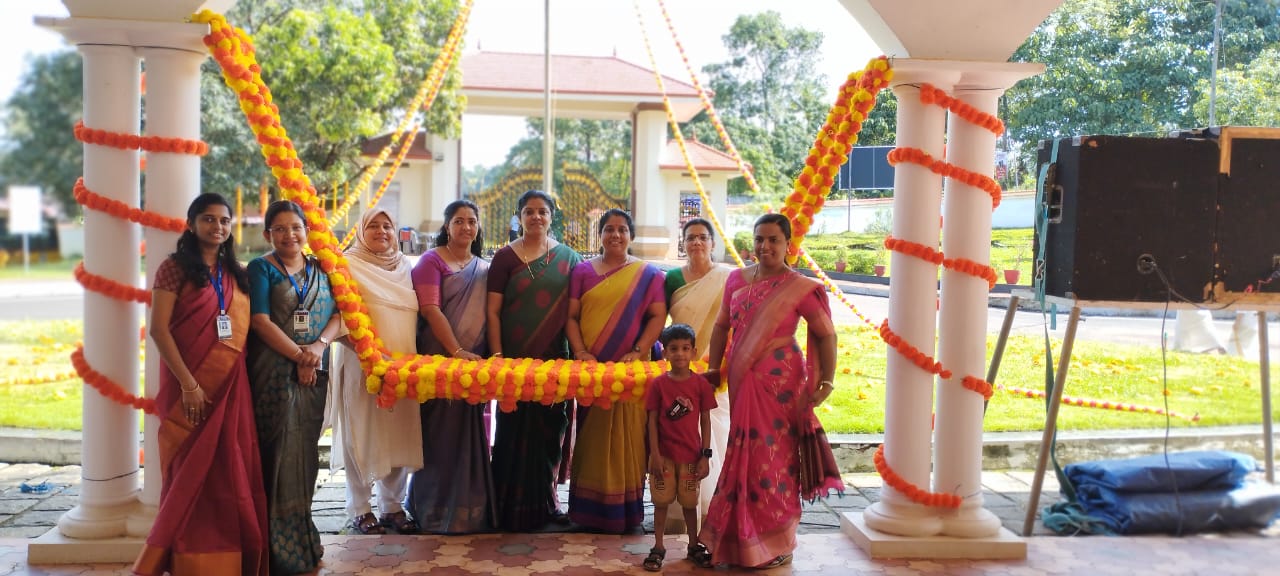
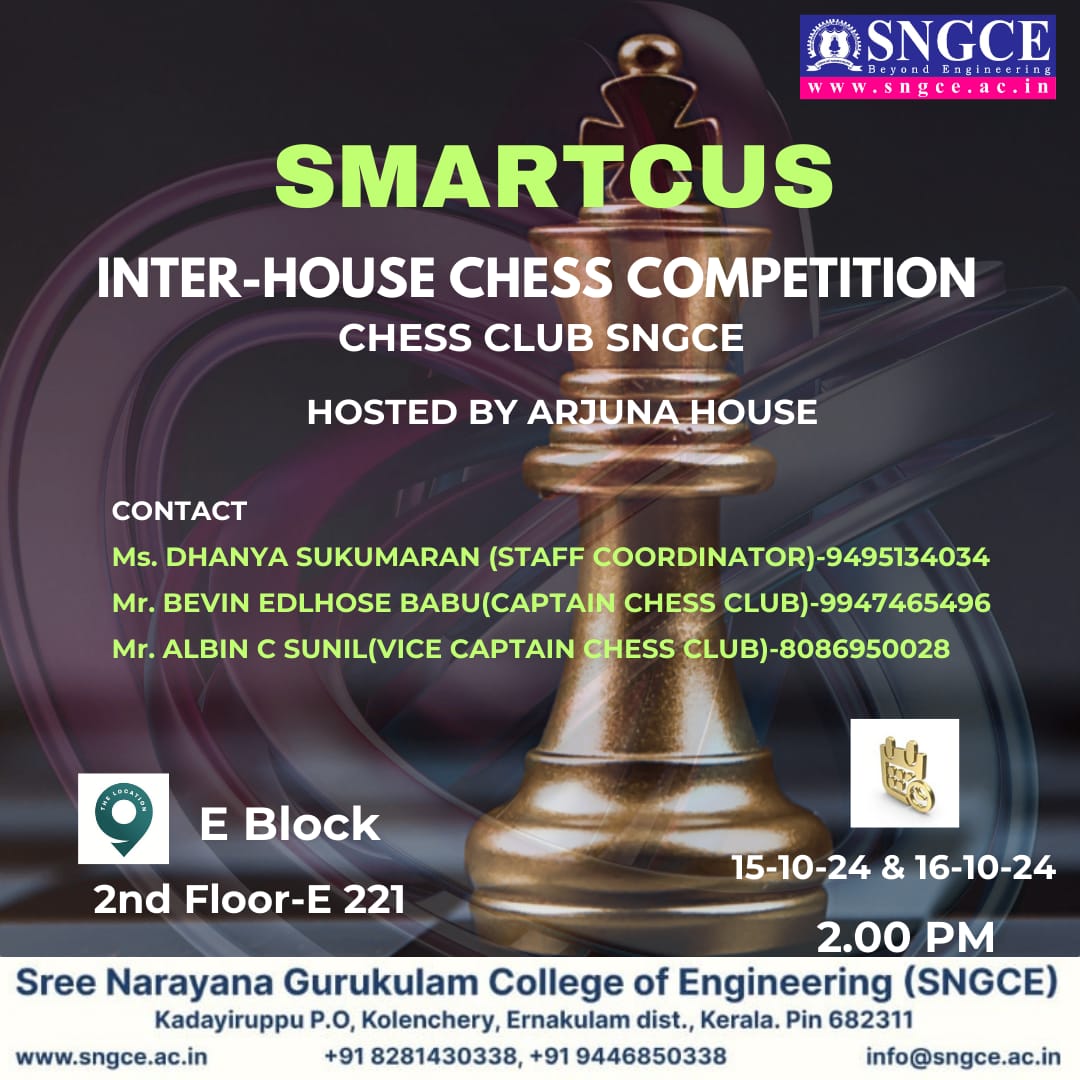
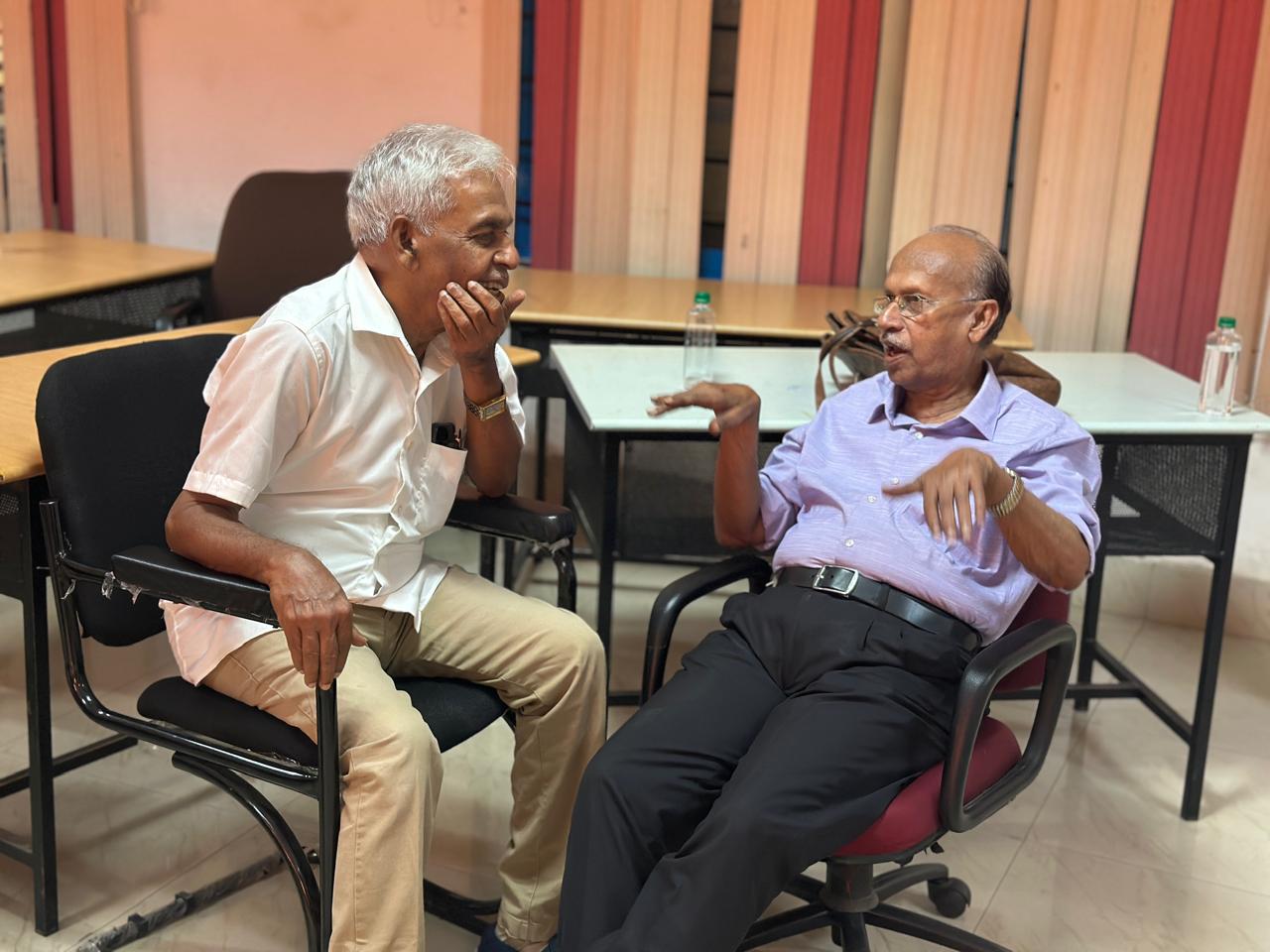








.jpg)










.png)